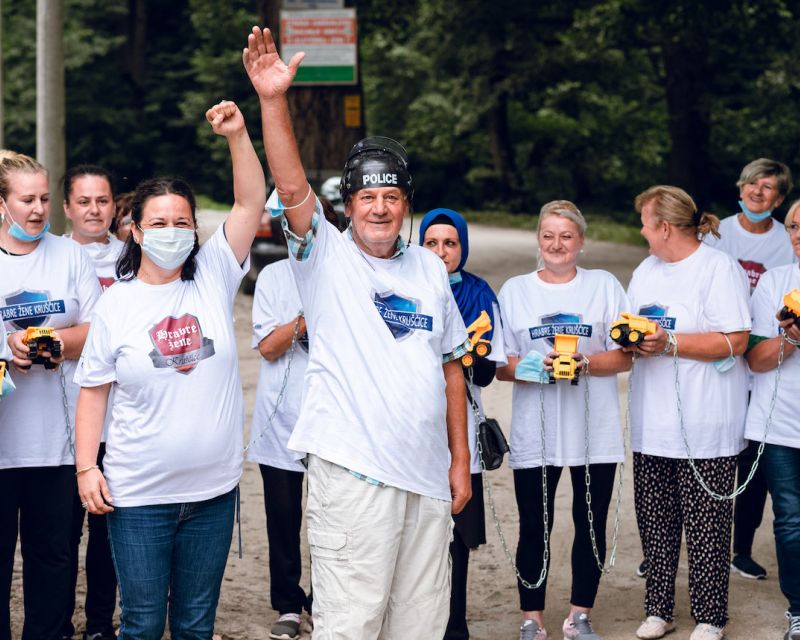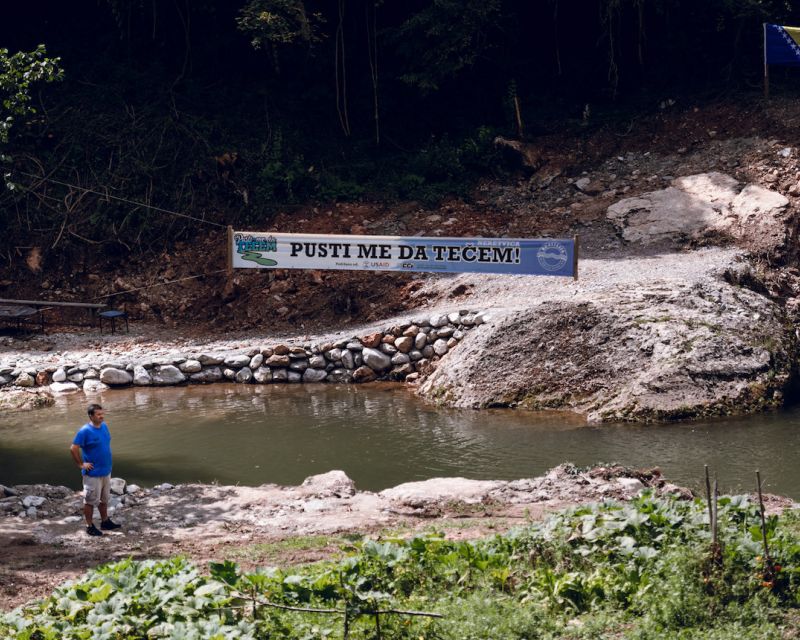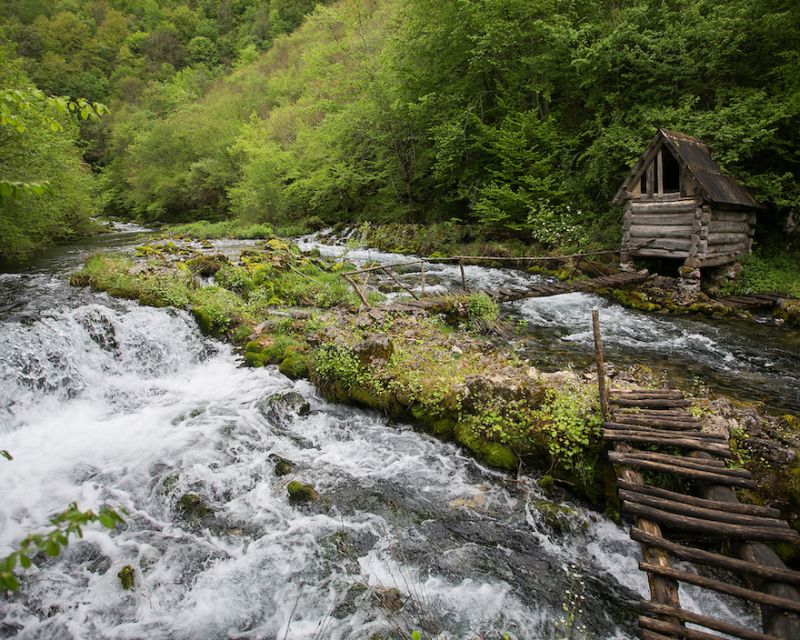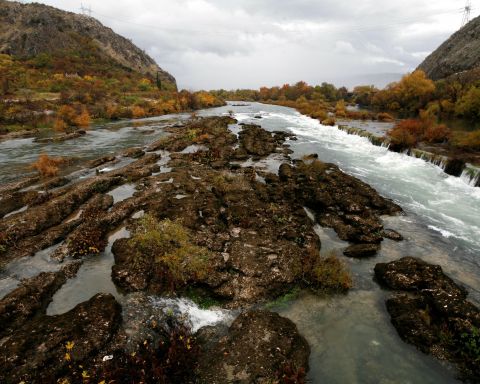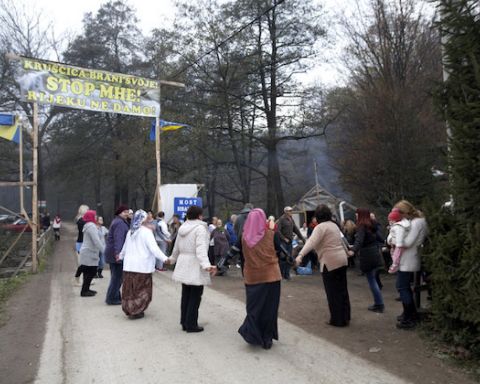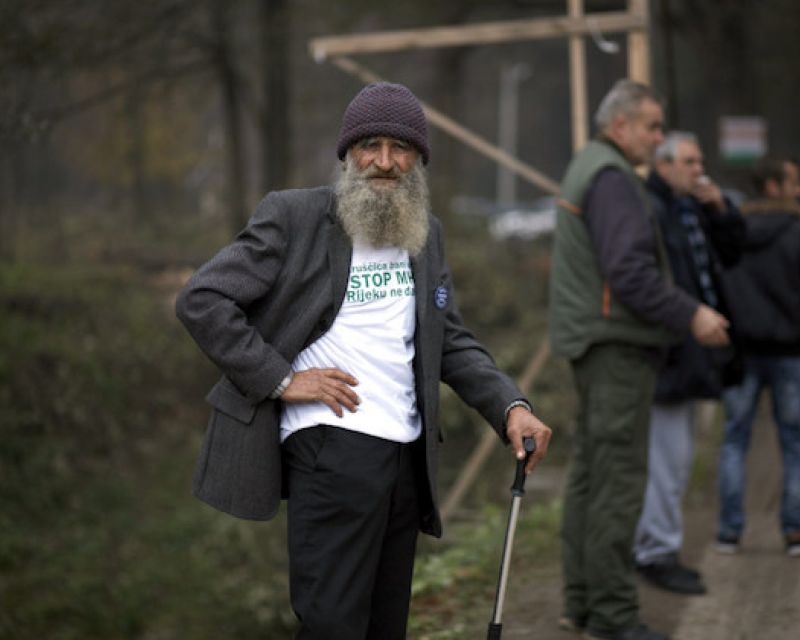Yugoslavia was once one of the most successful countries of the socialist bloc. Bosnia and Herzegovina, located in the heart of the defunct Balkan Federation, was the center of its arms, metallurgical and chemical industries. Unlike Yugoslavia itself, industrial pollution persists to this day. At the same time, Bosnia and Herzegovina is a country with preserved wild nature, the highest European biodiversity, and the last wild European rivers. Today, these rivers are threatened by hundreds of projects to construct small hydropower plants.
Jewels of nature
Bosnia and Herzegovina is unique in the number of unregulated watercourses, home to many endemic species of plants and animals. We, therefore, support the campaign to designate five new protected natural areas that will ensure the permanent protection of several rivers and adjacent areas. We will carry out biological surveys with local experts to create opportunity maps and development strategies for each site. Through consultations and roundtables with local people, we will ensure that newly designated protected areas respect their experience and knowledge of the landscape. We will show local citizens, officials and politicians that conservation implemented with respect benefits all stakeholders.
No robbery, save the rivers!
 The Balkan rivers are threatened by an uncontrolled boom in hydropower plant construction - hundreds of these projects are still in the pipeline, despite increasing citizen opposition and warnings from local and international organizations. Many of them are in places that any European Union country would protect as a national park. Authorities and politicians ignore the negative effects, such as an increased risk of floods, irreversible devastation of nature, and damage to tourism. Local communities do not want to be robbed of their natural wealth. Many have already raised their voices. Rallies, protests, and physical blockades are common – and we support these River Keepers.
The Balkan rivers are threatened by an uncontrolled boom in hydropower plant construction - hundreds of these projects are still in the pipeline, despite increasing citizen opposition and warnings from local and international organizations. Many of them are in places that any European Union country would protect as a national park. Authorities and politicians ignore the negative effects, such as an increased risk of floods, irreversible devastation of nature, and damage to tourism. Local communities do not want to be robbed of their natural wealth. Many have already raised their voices. Rallies, protests, and physical blockades are common – and we support these River Keepers.
We were at the birth of the Civic Coalition for Rivers. We have issued a number of analyses and proposals to better protect the environment and the rights of local people. We have contributed to making the springs of the Sana River a natural monument. We have proposed a Declaration on the Protection of the Rivers of the Western Balkans, which has already been signed by dozens of organizations and adopted by the parliaments of Bosnia and Herzegovina. Based on our initiative, 22 municipalities have already declared themselves “Dam-free municipalities”, including Bosnia and Herzegovina's second-largest city, Banja Luka.
For clean air
Numerous factories' chimneys cause one of the most serious problems in Bosnia and Herzegovina - tens of thousands of people are suffering from heavy air pollution. The owners do not invest enough in new technologies and continue to benefit from the operation of obsolete metallurgical and chemical plants and power plants. One of the biggest polluters in the entire Western Balkans is the steelworks of the global corporation ArcelorMittal in Zenica. We have discovered that its operation causes food contamination. Every year, we publish rankings of the biggest polluters of Bosnia and Herzegovina and thus help to better inform the population.
More information in Bosnian, Croatian and Serbian can be found on our websites https://www.eko.ba and https://rijekebih.org
Our work is supported by the Transition Promotion Program of the Ministry of Foreign Affairs of the Czech Republic.




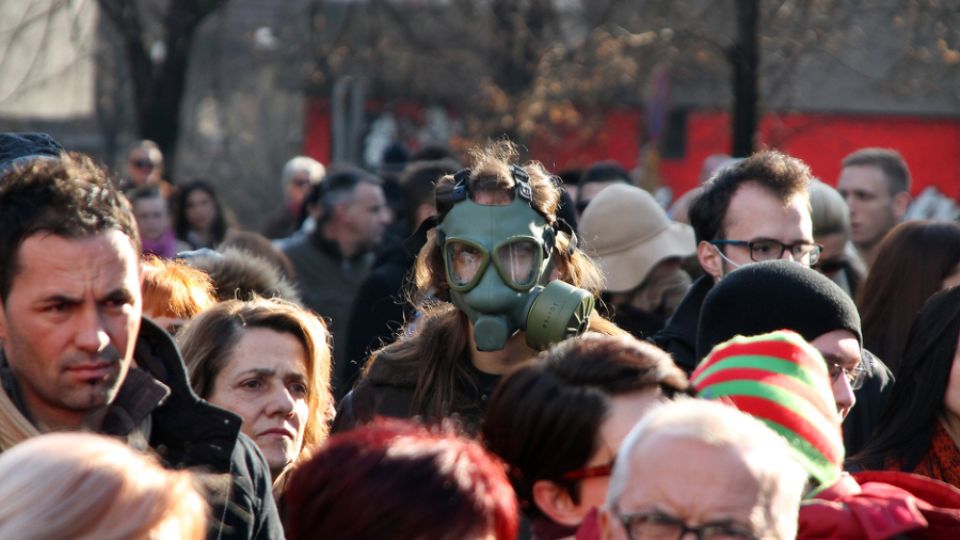
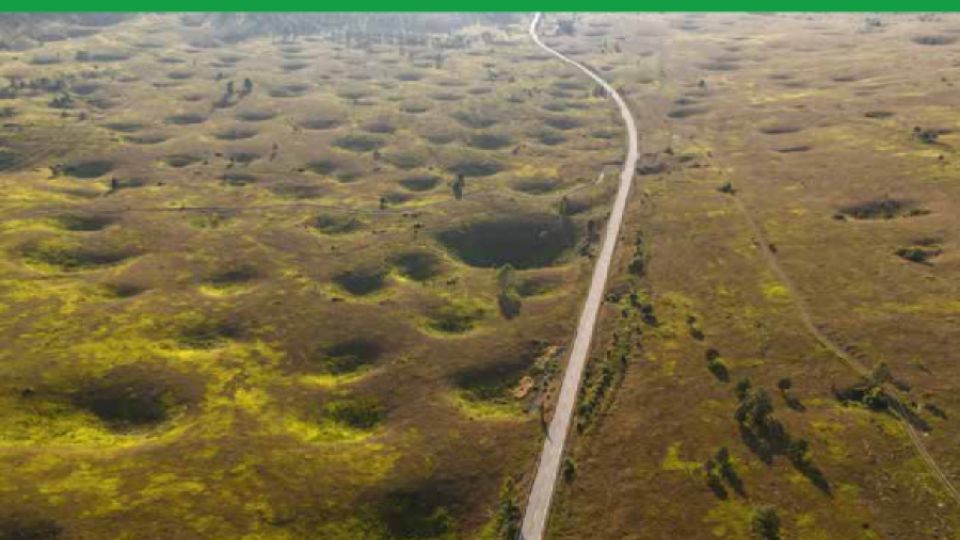
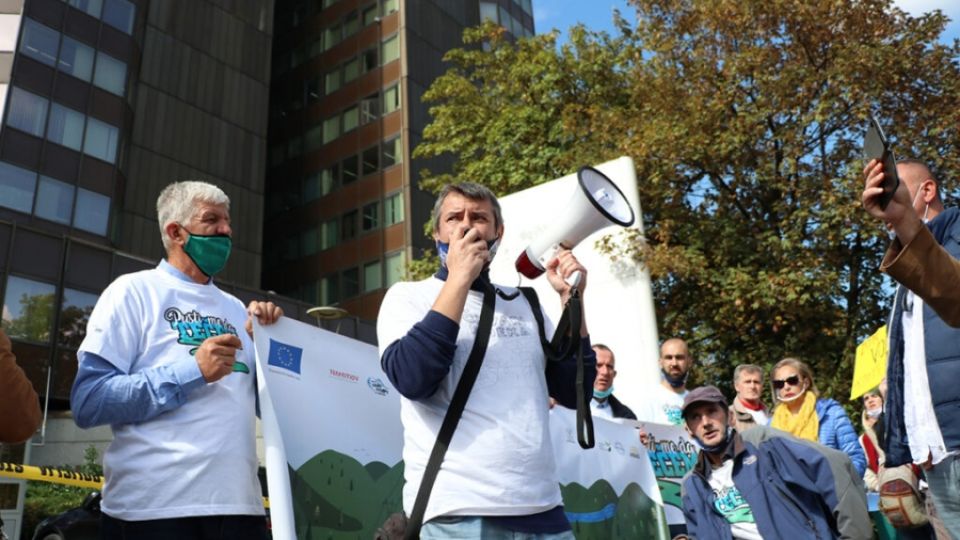
 The Balkan rivers are threatened by an uncontrolled boom in hydropower plant construction -
The Balkan rivers are threatened by an uncontrolled boom in hydropower plant construction - 
